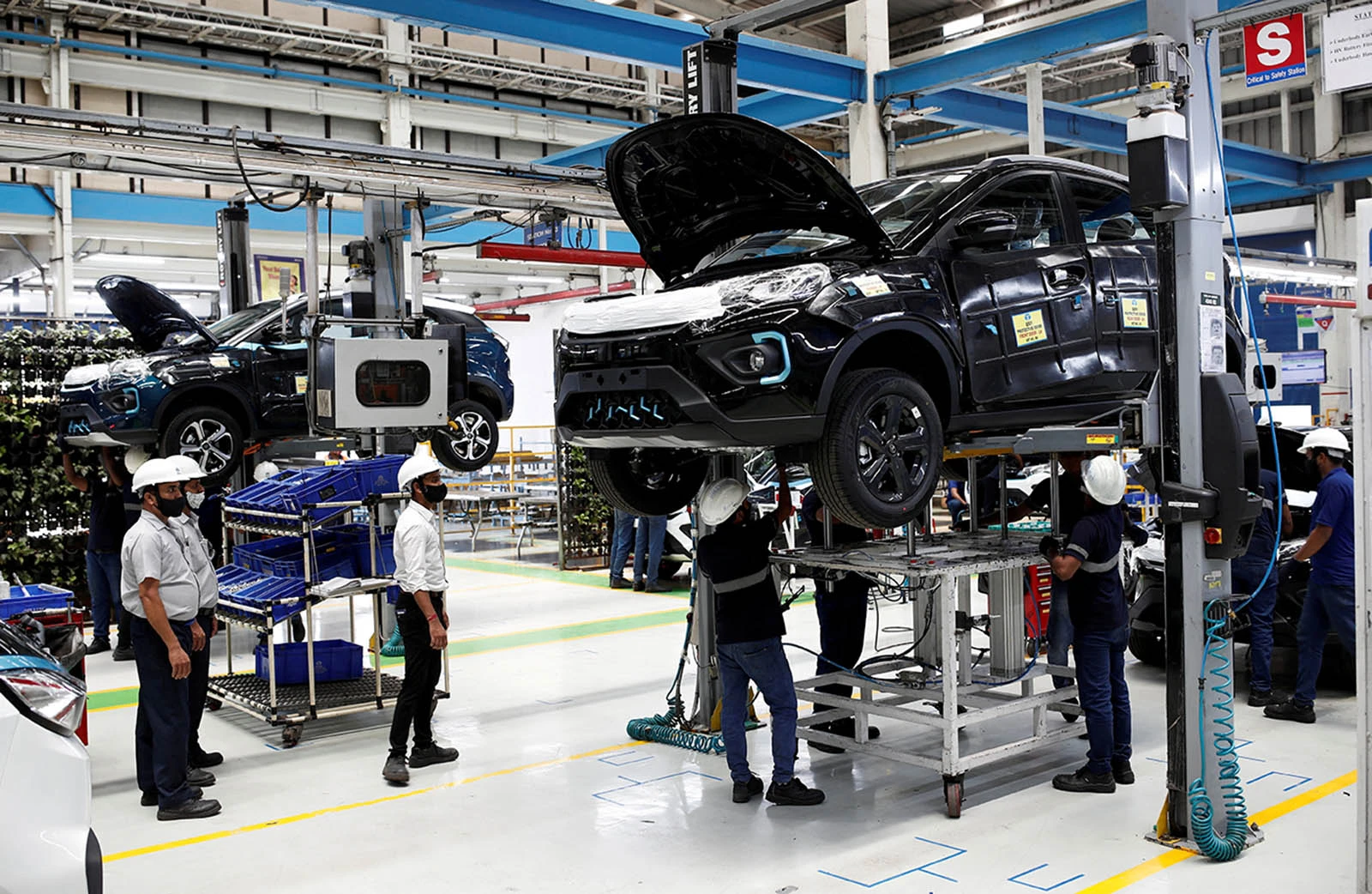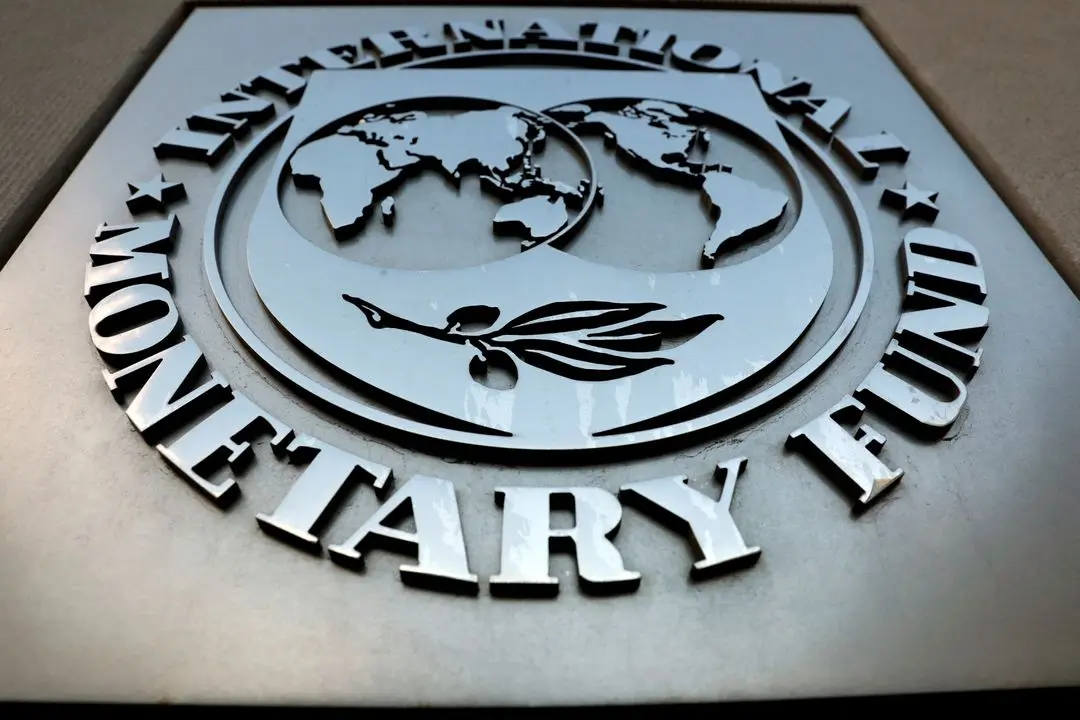The World Bank issued a stark warning on Tuesday, highlighting the concerning trend of job creation in South Asian economies failing to match the rise in the working-age population. Franziska Ohnsorge, the World Bank Chief Economist for South Asia, emphasized the risk of squandering the region’s demographic dividend if urgent action is not taken.
According to data included in the report, from 2000 to 2023, employment in South Asia grew by 1.7 percent annually, while the working-age population expanded by 1.9 percent per year. However, the discrepancy between job creation and population growth is glaring, with the region creating an average of 10 million jobs annually against a backdrop of 19 million new individuals entering the working-age population each year.
Despite expectations of robust economic growth in South Asia, particularly in India, where the economy is projected to expand by 6.6 percent, concerns persist regarding the quality and sustainability of this growth. While India has experienced a significant rebound post-pandemic, driven largely by government spending and construction activity, private investment remains subdued, posing challenges to job creation.
Notably, the employment ratio in India witnessed a decline over the period 2000-2022, reflecting a broader trend observed across South Asian nations. Preliminary data from 2023 suggests a modest recovery, albeit insufficient to offset earlier declines.
Addressing these challenges, the World Bank underscores the imperative for South Asian countries to enact robust policy measures. Key recommendations include fostering an environment conducive to productive firms hiring workers, streamlining labor and land market regulations, and embracing greater openness to international trade.
As South Asia stands at a critical juncture, policymakers must prioritize structural reforms to unlock the region’s full economic potential and ensure that the demographic dividend is not squandered. Failure to do so risks undermining the prospects for sustainable and inclusive growth across the region.



